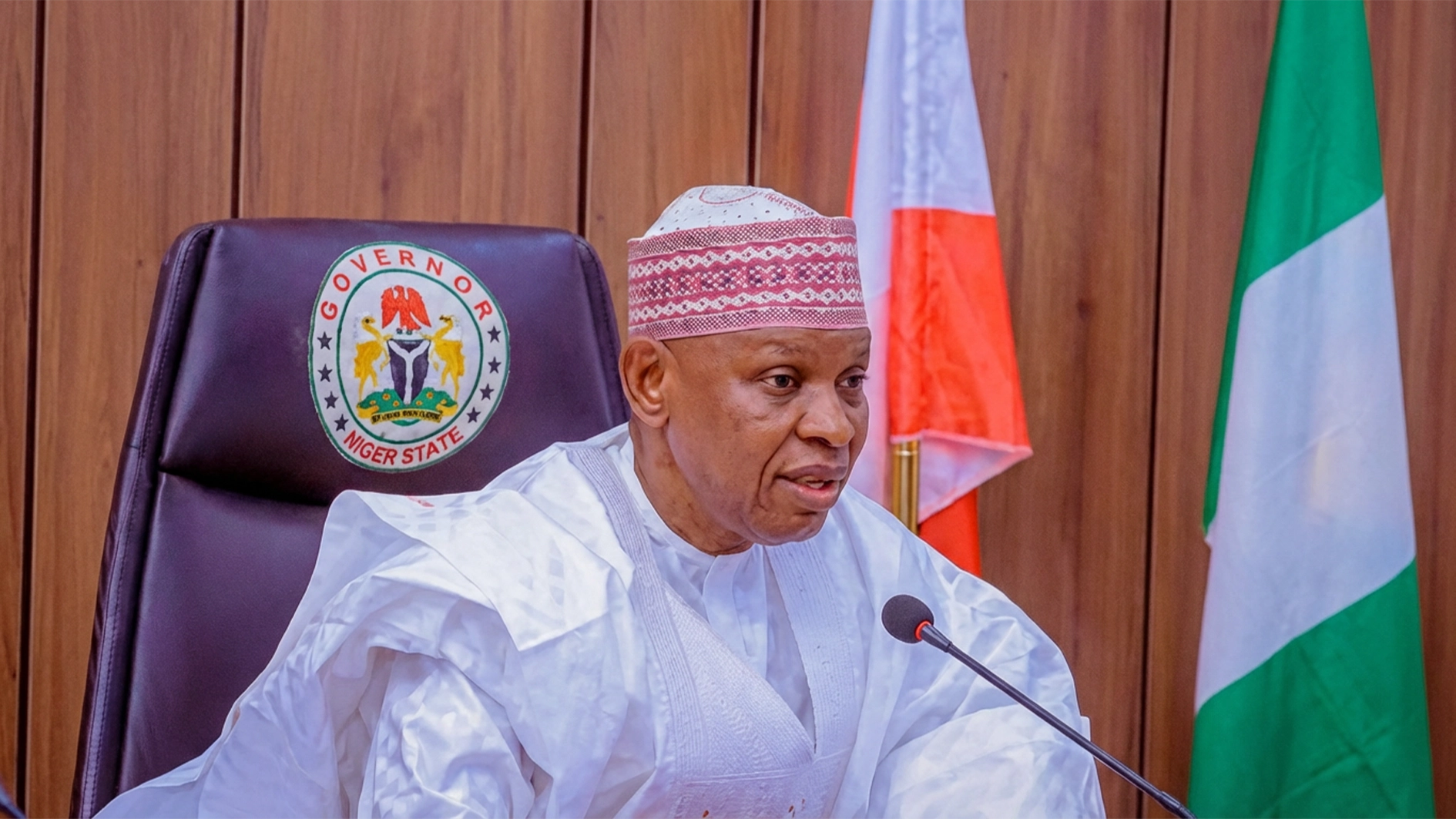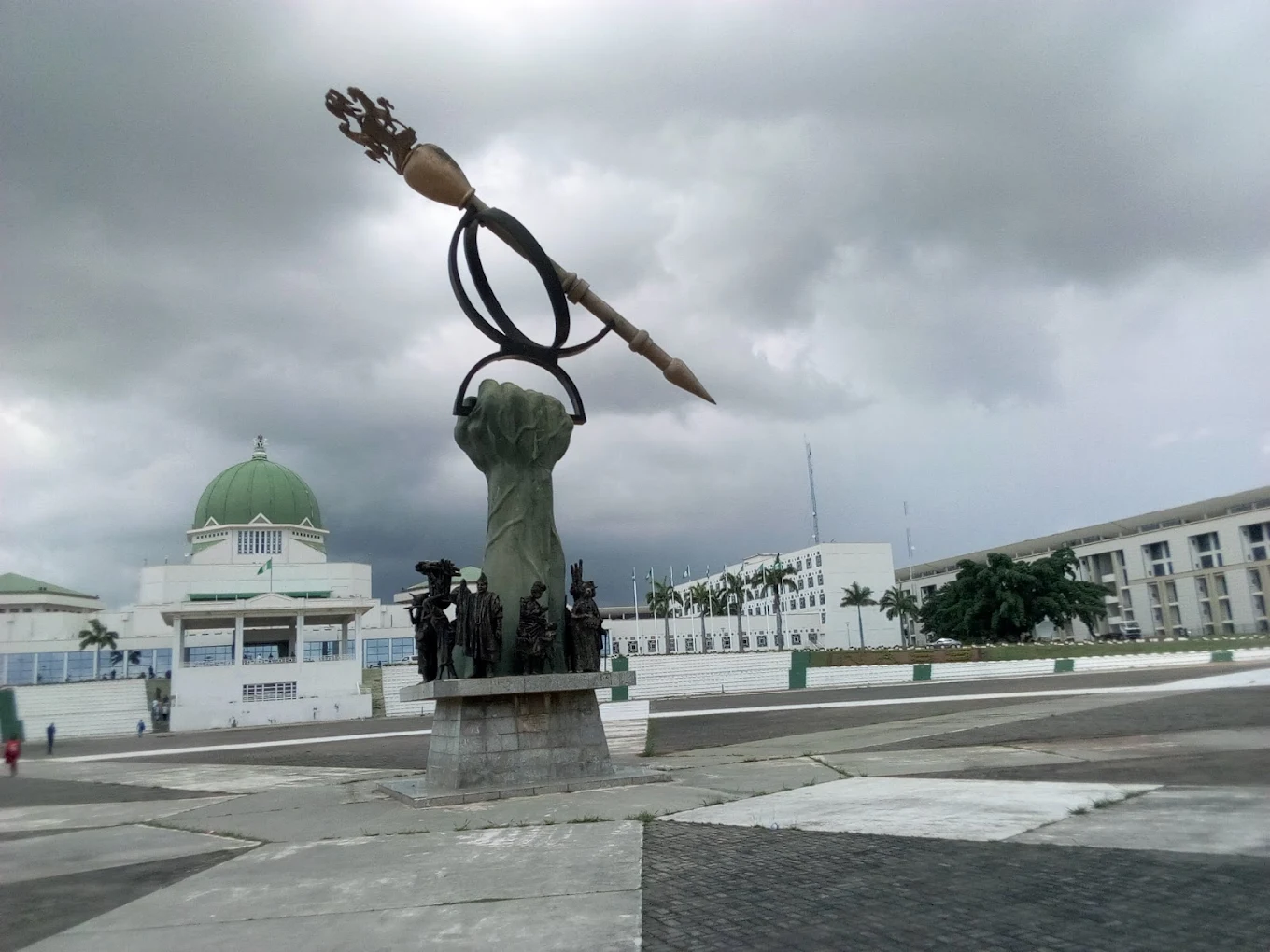The 2025 governorship election in Anambra State offered a paradox that cuts to the heart of Nigeria’s democratic trajectory: a decisive victory amid deep civic disengagement. Governor Chukwuma Charles Soludo of the All Progressives Grand Alliance (APGA) was re-elected with 422,664 votes, winning all 21 local government areas and defeating his closest rival, Nicholas Ukachukwu of the All Progressives Congress (APC), who secured around 99,445 votes, according to the Independent National Electoral Commission (INEC).
But behind this clear political mandate lies a sobering reality as only about one in five registered voters participated in the 8 November polls. Of the 2,788,864 registered voters in the state, only 598,229 were accredited, representing 21.4 per cent voter turnout. While this participation rate represents a modest improvement over the 10.3 per cent achieved in 2021, when 253,388 of 2,466,638 registered voters were accredited, it still remains markedly beneath democratic standards.
Governor Soludo’s victory translates to the support of barely one-fifth of registered voters, a figure that raises deeper questions about representation and legitimacy. When such a small share of the electorate determines leadership, the social contract begins to fray. Political authority in a democracy rests not only on the legality of elections but on the breadth of civic participation that underpins them.
Why Apathy?
According to various field reports from the Civil Society Situation Room, a coalition of civic groups that monitors elections in Nigeria, the Centre for Democracy and Development (CDD-West Africa), and the Centre for Journalism Innovation and Development (CJID), elections in Anambra are becoming less participatory due to distrust in electoral institutions, vote-trading, and a perception that elections rarely change governance outcomes.
While some voters perceive the electoral process as a mere mechanism built to preserve the existing power structure rather than to facilitate genuine democratic change, some believe votes are bought by the powerful. In the just concluded election, CDD and CJID observers documented instances of vote-trading across several Local Government Areas, with party agents allegedly offering between ₦5,000 and ₦10,000 per vote, a practice that reinforced cynicism and converted democracy into a transactional exercise.
Though Nigeria’s electoral laws criminalise inducement, no major convictions have followed despite repeated documentation in the past. The absence of consequences normalises corruption at the very foundation of governance where citizens should instead exercise conscience, not commerce.
What must change
Anambra’s election is more than a state event. It is both a warning and an opportunity. The warning is that democracy cannot thrive on apathy and the opportunity lies in introspection for leaders to reconnect with citizens and rebuild the faith that elections are a genuine contest of ideas, not just a ritual of legitimacy.
The introduction of Bimodal Voter Accreditation System (BVAS) and INEC Result Viewing Portal (IReV) has indeed improved procedural integrity, but technology alone cannot restore trust.
The true test of leadership in the years ahead will be whether elected officials can convert electoral mandates into democratic renewal. This means addressing poverty, corruption, and elite impunity that make democracy feel distant from everyday life.
Achieving this requires deliberate reforms across civic engagement, electoral integrity, and governance accountability. Civil society organisations and governments must invest in sustained, non-partisan voter education that goes beyond election seasons.
Such campaigns should target youth, women, and first-time voters,with a focus on the power of civic participation in shaping governance outcomes.
Similarly, CSOs need to sustain and expand governance scorecards that assess transparency, service delivery, and citizen engagement. By linking governance quality to voter participation trends, such research provides actionable feedback that can guide reforms and rebuild public trust.
Lastly, as technology becomes central to Nigeria’s elections, transparency in its use is non-negotiable. INEC should routinely publish post-election technical audits of the BVAS and IReV systems.
Public access to such audits will strengthen confidence in digital tools, highlight operational blind spots, and guide future improvements. As Nigeria prepares for future elections in states like Osun and Ekiti, policymakers must ask not only who wins, but who participates.






